Cancer is a serious disease affecting millions worldwide. Many people ignore the early warning signs, which can lead to late-stage diagnosis. Early detection is crucial for successful treatment. Here are 20 signs of cancer that you should never ignore:
1. Unexplained Weight Loss

Sudden weight loss without trying could signal cancer, possibly due to a reduced appetite or cancer-related chemicals in your blood, especially with leukemia and lymphoma.
2. Fatigue

Persistent tiredness, even after adequate rest, is a common cancer symptom, often linked to anemia or depression.
3. Persistent Cough

A cough lasting over two weeks could indicate lung cancer or other serious conditions like pneumonia. Seek medical advice, especially if coughing up blood.
4. Shortness of Breath
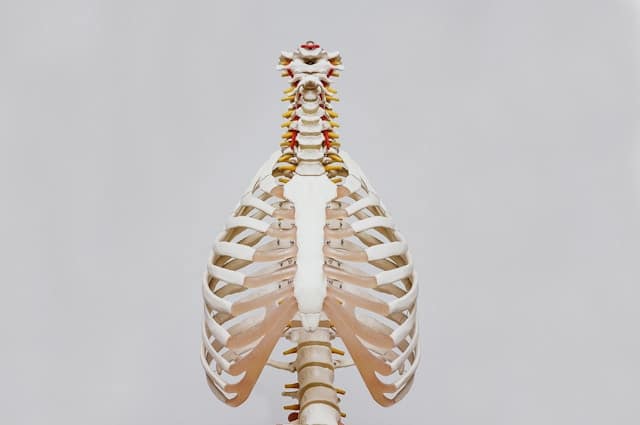
Dyspnea, or difficulty breathing, might suggest lung cancer or other cancers. Consult a doctor if deep breaths don’t alleviate breathlessness.
5. Chest Pain

Chest pain can be a sign of lung cancer or other serious conditions. Immediate medical attention is necessary to rule out heart attacks.
6. Abdominal Pain

Pain in the abdomen might indicate ovarian, pancreatic, or liver cancer. It could also suggest non-cancerous conditions needing medical evaluation.
7. Changes in Bowel Habits
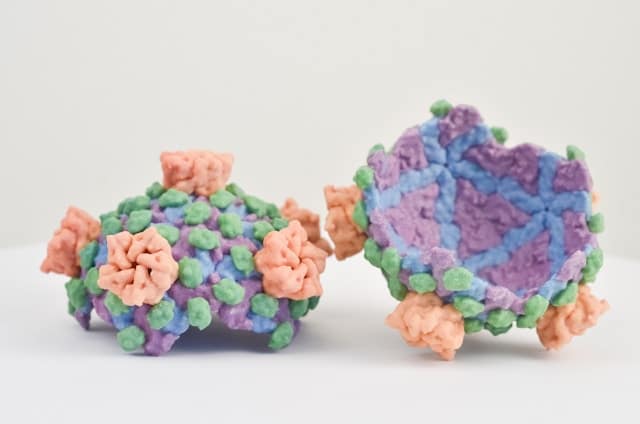
Diarrhea or constipation could signal colon cancer. Persistent changes warrant a doctor’s visit.
8. Blood in Urine or Stool

Blood in urine or stool can indicate bladder, kidney, or colon cancer. Also, watch for changes in urination patterns, as these could point to bladder cancer.
9. Difficulty Swallowing
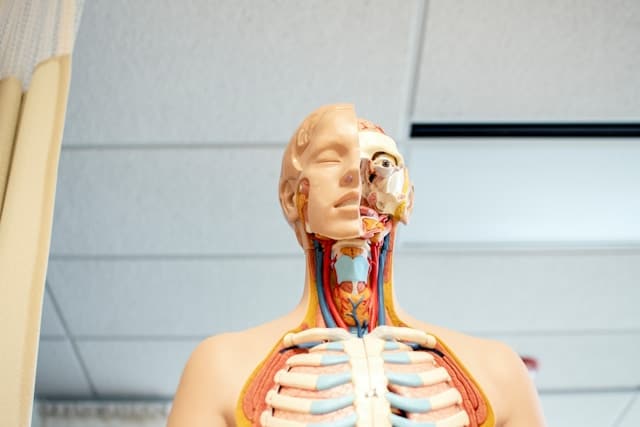
Problems swallowing might be due to throat or esophageal cancer, though it can also result from less severe conditions like acid reflux.
10. Hoarseness

Persistent hoarseness could suggest throat or laryngeal cancer but might also be caused by sinusitis or bronchitis.
11. Skin Changes

Darkening or yellowing skin patches can be cancerous. Always get new or changing skin lesions checked by a doctor.
12. Sores That Don’t Heal

Non-healing sores may indicate skin cancer. Seek medical advice if sores persist or bleed.
13. Swollen Lymph Nodes
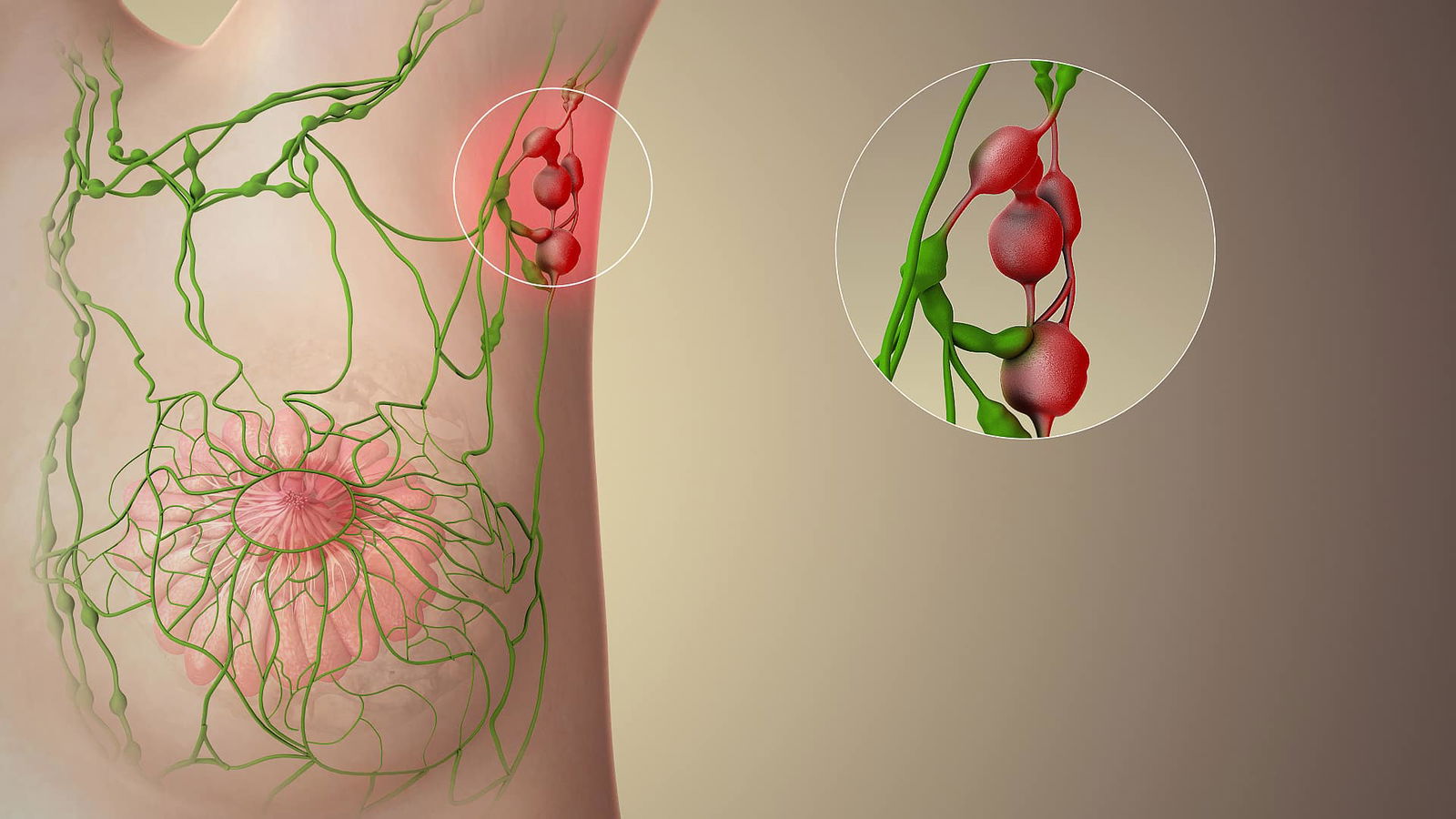
Swollen lymph nodes can signal lymphoma or other cancers, though infections often cause them, too.
14. Headaches

Chronic or worsening headaches could be a sign of brain cancer, but they also occur due to stress or sinus issues.
15. Vision Changes
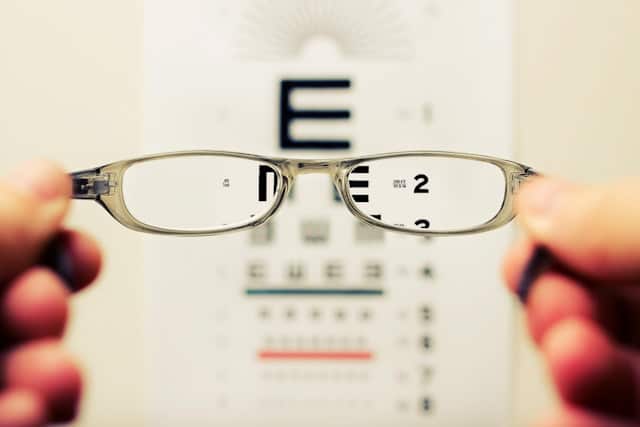
Persistent vision changes may indicate eye cancer or other less severe conditions like cataracts.
16. Bone Pain

Persistent bone pain could be due to bone cancer or cancer that has spread to the bones. Arthritis or osteoporosis might also cause it.
17. Joint Pain

Like bone pain, joint pain could signal bone cancer or metastasized cancer, but also common conditions like arthritis.
18. Nausea and Vomiting

Persistent nausea and vomiting, especially with other symptoms, can be a sign of cancer.
19. Fever
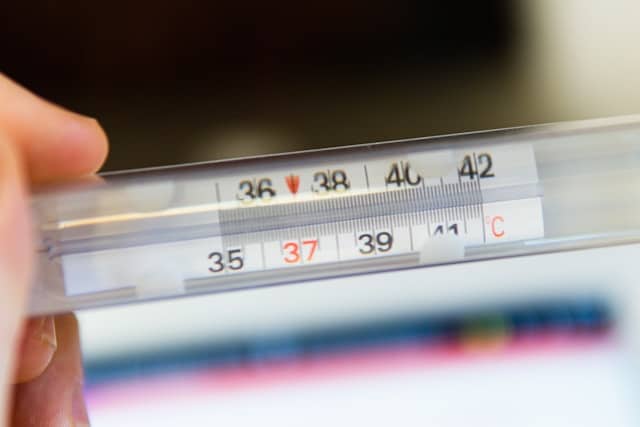
A prolonged fever could indicate cancer. Persistent fevers require medical evaluation, particularly with other symptoms.
20. Night Sweats

Night sweats lasting more than a few days can be a sign of lymphoma or other cancers.
To reduce your cancer risk, eat a healthy diet, exercise regularly, avoid tobacco, limit alcohol, protect your skin from the sun, and get regular screenings. Early detection and lifestyle changes are your best defense against cancer. Always seek professional medical advice if you experience any of these symptoms. Early intervention can significantly improve treatment outcomes.
